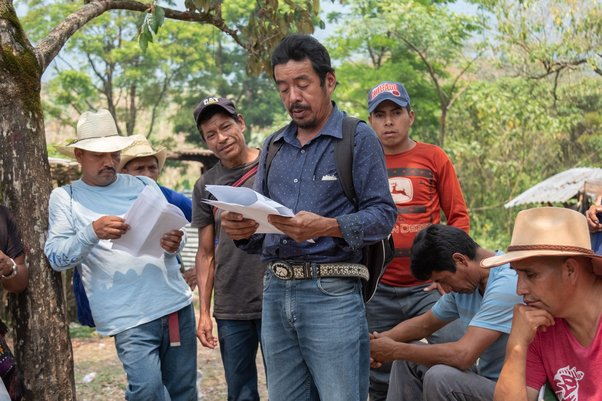Global Witness is celebrating the decision by a Municipal Trial Court in the Philippines to dismiss state-brought defamation charges against Jhed Tamano and Jonila Castro on 5 June 2025
The two women environmental defenders faced a harrowing and arduous ordeal after being charged with grave oral defamation, following their forced disappearance allegedly by the military on 2 September 2023.
Jhed and Jonila had been visiting communities affected by massive reclamation projects in Manila Bay, including those opposed to the construction of the $US15 billion New Manila Bay International Airport when they were abducted. After 17 days in captivity and branded as rebels, the two women veered off script at a public press conference held by the Armed Forces of the Philippines (AFP) and accused the military of involvement in their abduction. Defamation charges were later filed by Lieutenant colonel Ronnel dela Cruz, who claimed the two had embarrassed the AFP.
If convicted, the pair would have faced up to six months in jail.
Dismissing the charges, judge Shelia Marie S. Geronimo-Orquillas, cited evidence provided by lawyers of the two defenders, which she described as "irrefutable". She stated that the accusations of defamation were contrary to the previous findings of the Supreme Court and Court of Appeals, asserting that Jhed and Jonila had told “the truth of how they went missing, and the traumatic experiences they experienced.”
Global Witness Senior Campaigner Rachel Cox said:
“This is a rare moment of vindication, where justice is served for two brave defenders despite the brazen attempt to vilify and criminalise their work.
“But we must not forget that this harrowing ordeal, starting with their disappearance in September 2023, is part of a broader state-led attempt to shrink the ability of ordinary people to speak up and protect their rights. True justice is holding those involved in Jhed and Jonila’s abduction to account.”
Environmental defenders in the Philippines are increasingly at risk of reprisal and violence for their work – with the country consistently named as the most dangerous place in Asia for killings of land and environmental defenders, according to Global Witness research. Abductions and criminalisation of defenders are increasingly common.
In particular, "red-tagging" – publicly labelling someone as a terrorist with no evidence – has become a sinister tactic used to intimidate, defame and vilify legitimate activists for their work. The criminalisation of activists through tactics like this is often used as a pretence for arrest and can increase the likelihood of an attack. This practice is commonly used by government officials, military, or other authorities to discredit and intimidate activists, human rights defenders, journalists and political opponents.
This tactic mirrors a trend of criminalisation of land rights and environmental activism not only in the Philippines but globally. In May 2024, the Philippine Supreme Court issued a major ruling declaring red-tagging a threat to people’s life, liberty and security.


